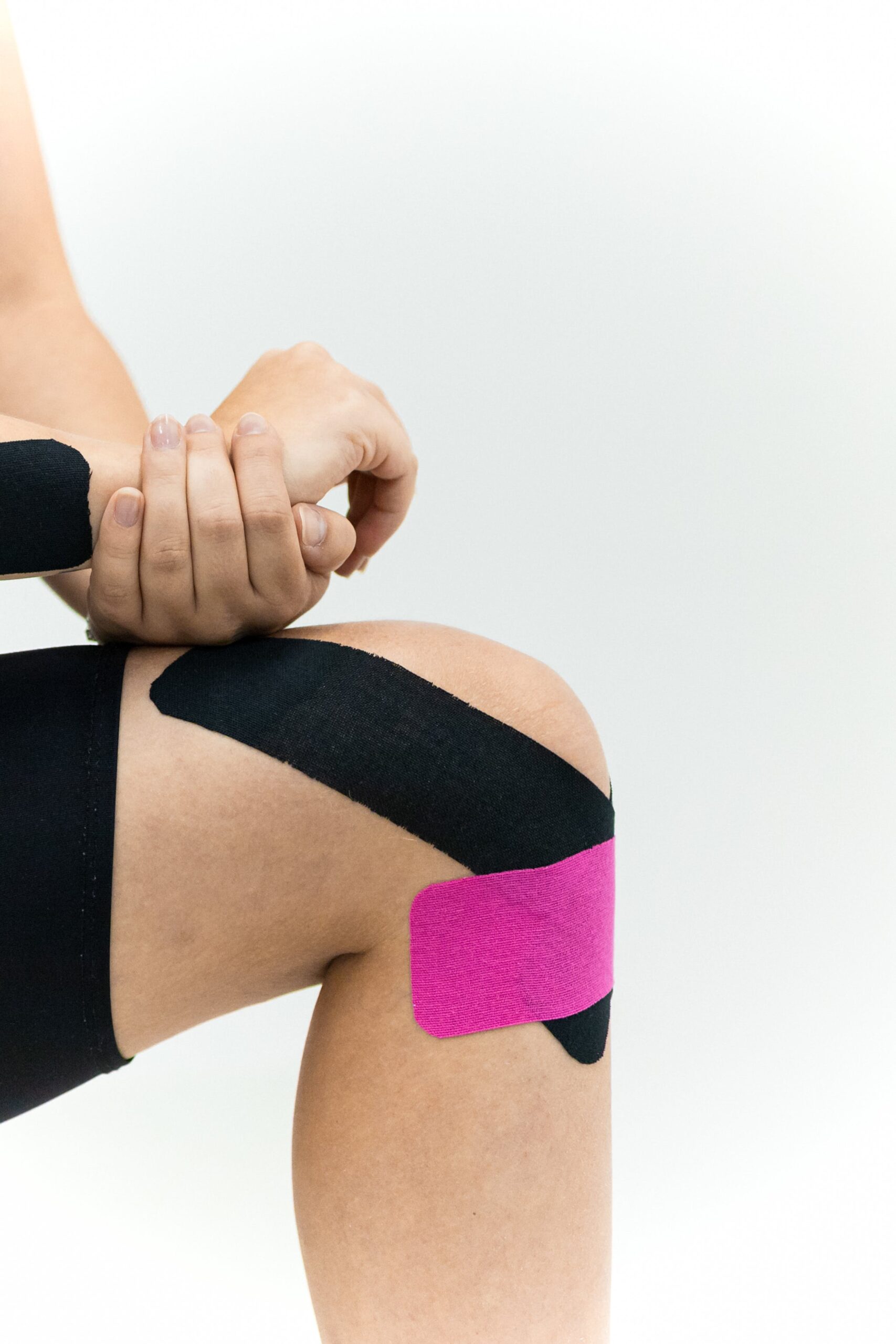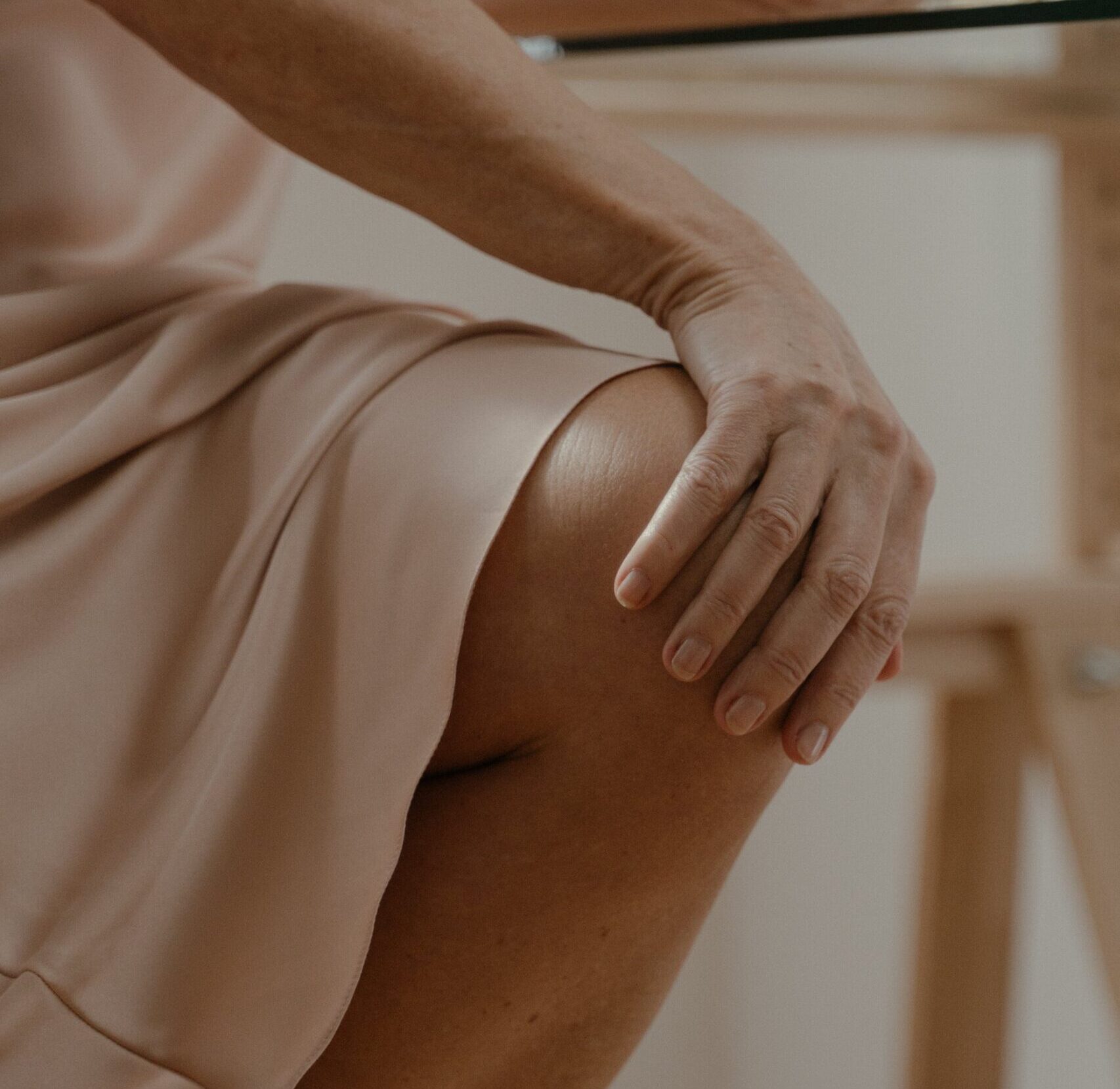Introduction:
Knee pain is a pervasive issue affecting individuals across various age groups and lifestyles. Whether stemming from injuries, arthritis, or overuse, the discomfort associated with knee pain can significantly impede daily activities and quality of life.
Fortunately, physiotherapy emerges as a beacon of hope, offering a diverse array of effective treatments to alleviate knee pain and improve overall mobility. In this comprehensive guide, we will delve into the multifaceted causes of knee pain, explore the nuances of physiotherapy interventions, and dissect recent research studies that shed light on cutting-edge solutions.
Understanding the Complexity of Knee Pain:
The knee joint, with its intricate structure and pivotal role in facilitating our movements, is particularly susceptible to a myriad of issues leading to pain. Common causes include:
- Osteoarthritis:
A degenerative joint disease that often afflicts the elderly, osteoarthritis occurs when the protective cartilage that cushions the ends of bones wears down over time, leading to pain and stiffness. - Injuries:
Ligament tears, meniscus injuries, and strains are frequent culprits behind knee pain, particularly among athletes or those engaged in physically demanding activities. - Overuse:
Repetitive activities or excessive strain on the knee, often associated with certain occupations or intense workout routines, can result in pain, inflammation, and long-term damage.
Physiotherapy: A Multifaceted Approach to Treatment:
Physiotherapy serves as a cornerstone in the holistic management by addressing underlying causes and promoting the body’s natural healing processes. Here are some key physiotherapy interventions that have proven effective:

Taping for Knee Joint Pain.
- Tailored Exercise Programs:
Physiotherapists design personalized exercise regimens to strengthen the muscles around the knee, providing enhanced support and stability. These programs often include stretching, resistance training, and low-impact activities to improve flexibility and joint function. - Manual Therapy Techniques:
Hands-on interventions such as massage and manipulation are employed by physiotherapists to alleviate pain, reduce stiffness, and improve joint mobility. These techniques can target specific areas of discomfort, providing immediate relief. - Electrotherapy Modalities:
Utilizing modalities like ultrasound and electrical stimulation, physiotherapists aim to reduce inflammation and promote tissue healing. These non-invasive techniques have shown promise in managing both acute and chronic knee pain. - Bracing and Taping:
Depending on the nature of the knee issue, physiotherapists may recommend braces or taping techniques to provide additional support to the joint, aiding in pain reduction and promoting stability during movement. - Education and Lifestyle Modification:
Beyond immediate treatment, physiotherapists play a crucial role in educating patients on proper body mechanics, posture, and lifestyle modifications. Empowering individuals to make informed choices contributes to preventing further damage and ensuring long-term joint health.
Recent Research Studies: Pushing the Boundaries of Physiotherapy:
The field of physiotherapy is dynamic, with ongoing research contributing to the evolution of treatment approaches. Recent studies have uncovered innovative strategies and interventions:
- Aquatic Exercise for Knee Osteoarthritis:
A study published in the Journal of Orthopaedic & Sports Physical Therapy examined the efficacy of aquatic exercise for individuals with knee osteoarthritis. The findings revealed that aquatic exercise significantly improved pain and functional outcomes. The buoyancy of water reduces the impact on joints while providing resistance, allowing for effective strengthening without excessive stress on the knee. - Virtual Reality Rehabilitation for Knee Pain:
In a study featured in the Journal of NeuroEngineering and Rehabilitation, virtual reality-based rehabilitation programs demonstrated promising results in enhancing balance and reducing pain in individuals with knee osteoarthritis. The immersive nature of virtual reality engages patients in their exercises, potentially improving adherence to treatment plans. - Biomechanical Analysis of Running Techniques:
A study in the Journal of Sports Sciences conducted a detailed biomechanical analysis of different running techniques and their impact on knee joint loading. Understanding the specific biomechanics of running can guide physiotherapists in prescribing personalized interventions to minimize stress on the knee joint during physical activities, thereby preventing injuries and managing existing conditions.
Conclusion:
Knee pain, though pervasive, is not an insurmountable challenge. Physiotherapy emerges as a beacon of hope, offering a multifaceted approach to address the root causes of knee pain and improve overall joint health. The evolving landscape of physiotherapy, driven by recent research studies, introduces innovative solutions that hold promise for enhanced pain management and improved patient outcomes.
If you or someone you know is grappling with knee pain, seeking the guidance of a qualified physiotherapist can pave the way to a personalized treatment plan, bringing relief and restoring the joy of pain-free movement. Remember, the journey to optimal knee health begins with understanding, proactive care, and the empowering touch of physiotherapy.
Contact Us:
Embark on Your Road to Recovery! Transform Knee Pain into Vitality with Our Expert Care. Reach Out Today for Tailored Solutions, and Take the First Step Towards a Pain-Free Tomorrow! Your Comfort, Our Commitment. Connect with us via an email- vcure03@gmail.com or call our dedicated patient care team @ +91-7021231689.





